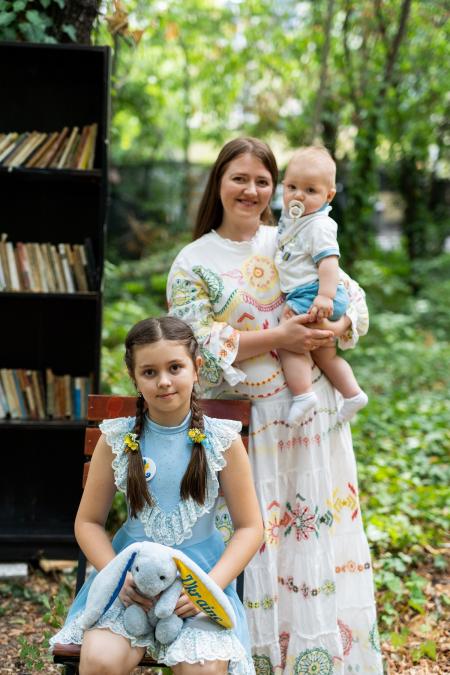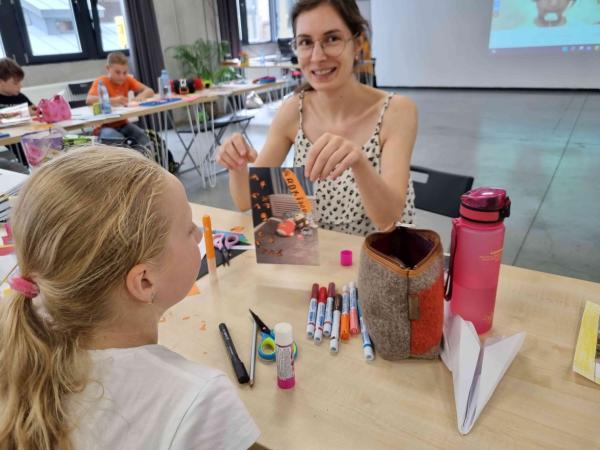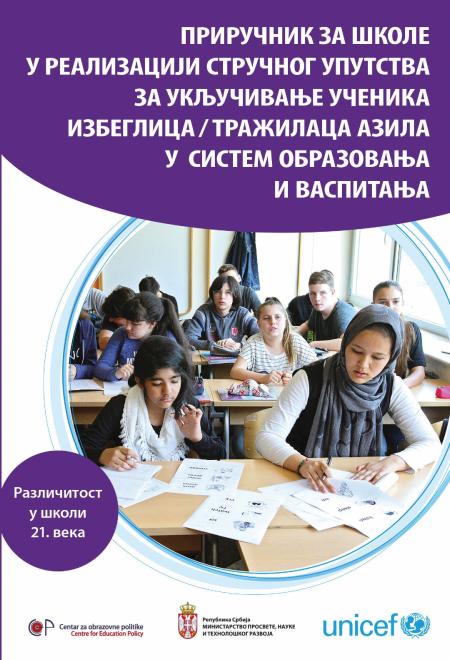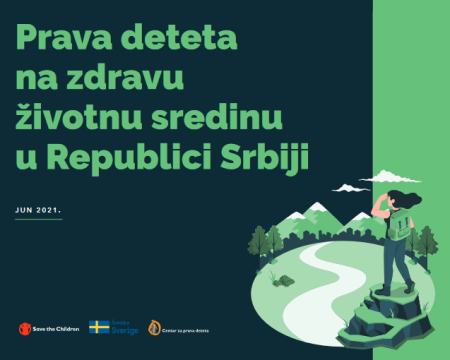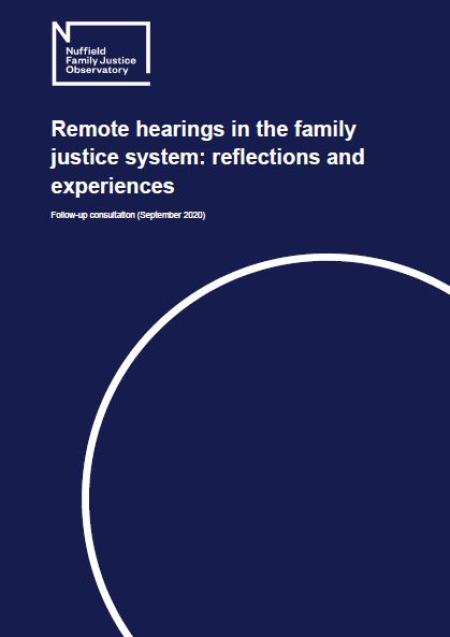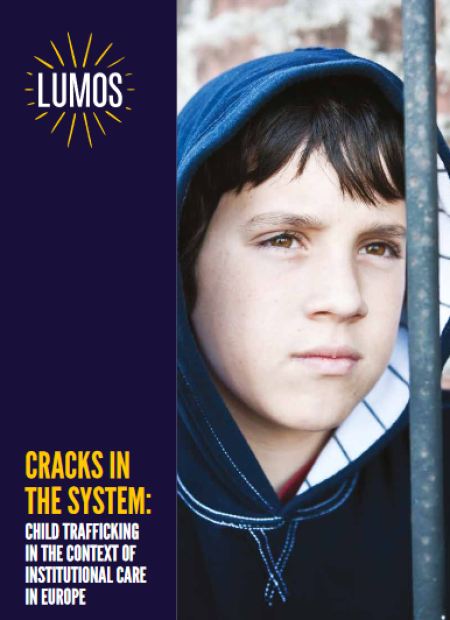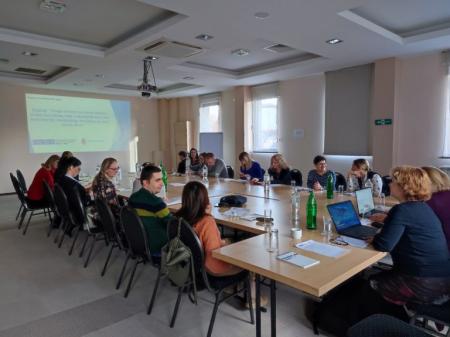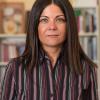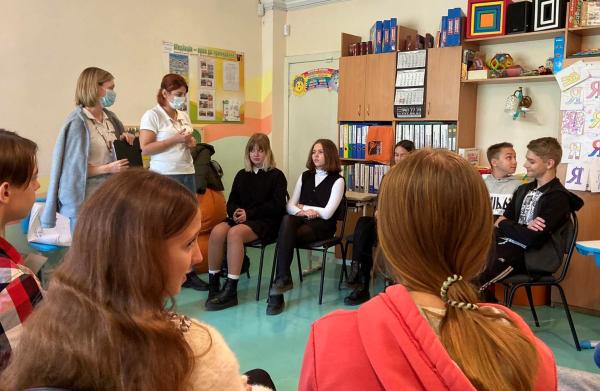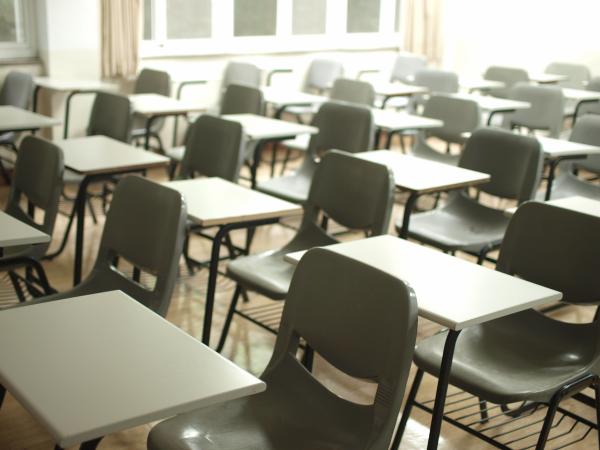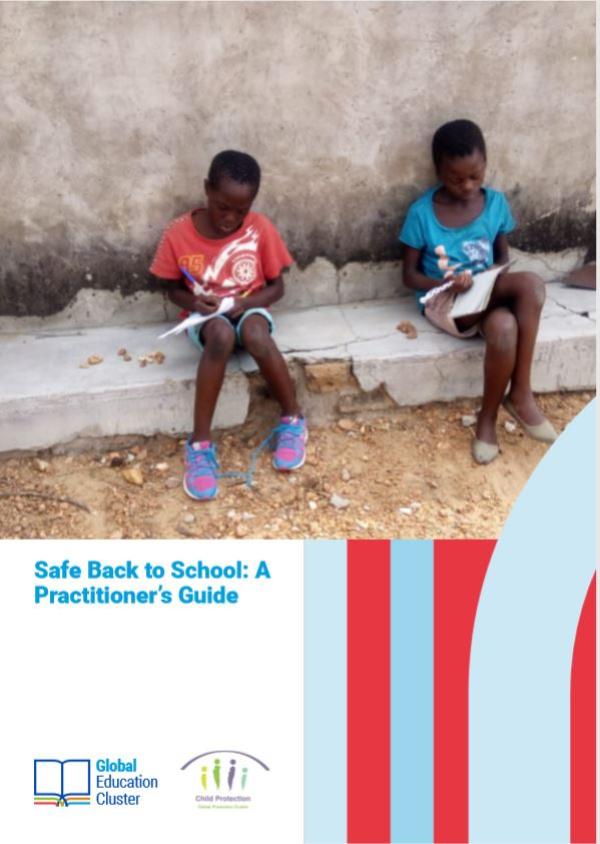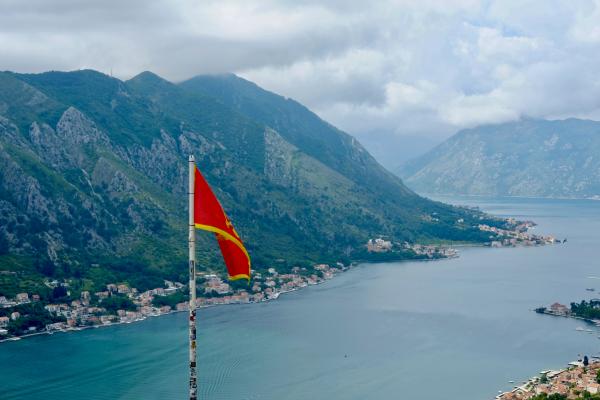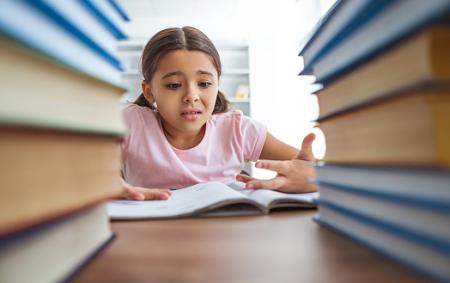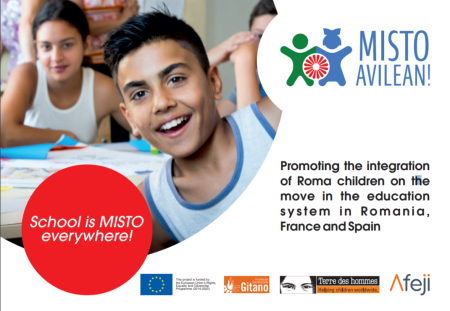In Romania there were grand openings for the new school year on the 5th of September 2022. Among the local children, there are Ukrainian kids who joined the classes. Some of them are just listening, not actually studying, but they also have the possibility to fully attend as a pupil.
One example is Bohdan, the son of Anastasia Verestun. Until the war started, Bohdan lived with his parents in Odessa, Ukraine and after that, they moved to Bucharest. He is 7 years old and he attends The Greek Catholic High School “Timotei Cipariu” in the morning, in the 1st grade, with classes in Romanian. In the afternoon, Bogdan goes to the 2nd-grade Ostrovok, a school for Ukrainian refugees at “Ienăchiţă Văcărescu”. For her child, Anastasia decided to go to a Romanian school: "This will help Bohdan learn the language and adapt" says Anastasia. This decision was also influenced by the presence of other Ukrainian children in the 1st grade here.
They went to school right from the opening of the Ostrovok school, with classes in Ukrainian, on 21 March: "I can say this school is the main reason to be here, and it gives us the feeling of having a normal life", Anastasia declared.
In everyday life, Anastasia and her son have everything they need and maybe even more. But something is missing, as Bohdan is telling: "The best school is my school back in Ukraine. There, they used to give us some traditional buns. I miss home".
Since March, they changed schools in different locations in Bucharest. First, the Ostrovok School was opened in the “Mihai Viteazul” National College building, in District 2 of the Capital. And then, in June, they moved to the Ostrovok Summer Camp organized within “Ienăchiţă Văcărescu” School. Anastasia said that her son needs to learn the Ukrainian curriculum and it’s good to stay connected with the other Ukrainians there.
A safe space for children
“Terre des hommes Foundation has started to support Ienachiță Văcărescu school and the Ukrainian children there since July. We have created there a safe space for children where we conduct psycho-social activities, and we support the integration of Ukrainian children in the Romanian educational system and within the community of Bucharest” said Radu Răcăreanu, Programme Manager - Emergency Response Ukraine Refugee Crisis Tdh.
The volunteers and the teachers are trying to make them feel at home: “The teachers and the volunteers play with us so many games! We also play with each other. We also receive food at school, and I have some Romanian friends", said Bohdan. The foundations provide school supplies. "It was very nice, and it was really helpful as the children need so many things at school", but I hope we'll go back home soon. It will be a day when we will take all the bags, and all the luggage and go back home. This will happen!”, expressed Anastasia.
In the meantime, Bohdan learned Romanian, and he was speaking a little bit with his colleagues in Romanian: "At school, I’m trying to learn as many words as possible. I know how to count in Romanian: Unu, doi, trei patru cinci, șase, șapte, opt, nouă, zece (editor: he counts from 1 to 10), how to say Bună dimineața! (Good morning!), Bună seara! (Good evening!), Mulțumesc (Thanks!), Cu plăcere! (With pleasure!), pisică (cat)". He has a best friend at school too, Timur. He’s also from Ukraine. At the playground he has a Romanian friend, but he hasn't seen him for a while".
About the Romanian children, Anastasia mentions they are very smart, and they learn English very well. It was a shock for her to see that many children speak freely with their parents in English.
The heart and soul of Julia are left in her motherland Ukraine
Julia Koval and her daughter are from Odessa too. Polina is 9. One day, the life of whole Ukrainians dramatically changed because aggressive Russia declared war on innocent Ukrainian people. It was difficult for them to decide to come here to Bucharest.
Polina goes to Văcărescu School in the 4th grade.
As for Julia, she doesn't even understand how her kids will live here, not knowing the language, not understanding the specifics of life in another country, but they are doing their best to understand each other, they play together, and they even try to support each other. "When the Romanian children hear that my daughter is from Ukraine, their attitude is quite sensitive towards her, and they become real friends", said Julia.
Her daughter is interested in going to school, and when she comes home, she can’t stop talking about the actions, the situations, and the interesting things that happened to her during the day: "All that she told me was quite interesting, quite amazing, it was marvelous. The people, and the volunteers are very good and supportive of the children", added Julia.
Certainly, her heart and soul are left in her motherland Ukraine. As for her, she hopes that they will come back to Ukraine. That’s why they continue learning at the Ukrainian Hub.
Polina hopes that this school year will be full of interesting lessons, creative ideas, amazing trips, and unexpected surprises. The perfect school for her is a school where she can feel well, where she has lots of friends who are nice to her, where she can get knowledge, good education, and where she can get better her talents. She has lots of hobbies: "I’m a fan of ballroom dancing. I'm also good at ice skating, horse riding, drawing, and doing gymnastics. Not so far ago I performed at the event “Friendship brings joy", On Ukrainian Independence Day, organized by Terre des hommes Romania. I made this dance myself; all pain is gone and what I feel now about the situation of my motherland I tried to express in that dance. I saw that many guests at this event started crying and this means that my artistic moment moved them, and they share the feelings of each Ukrainian here" concluded Polina.
Julia believes her daughter misses Ukraine, her room, her dad, her grandparents, and the animals, but for now it’s better for them to be here with people who can help.

